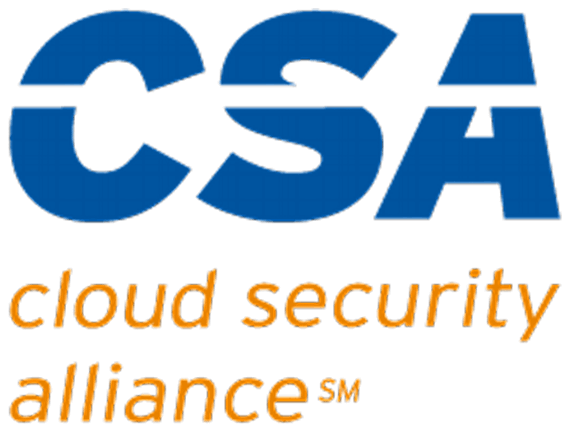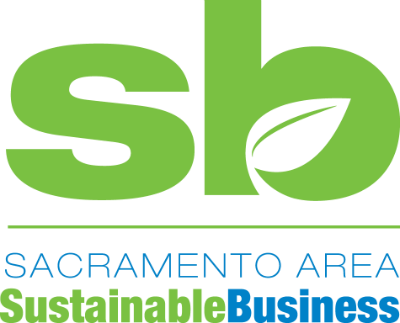Modern small businesses have various storage options for managing their data: local (on-premises) storage, cloud storage, and hybrid solutions that combine the two. Deciding which to adopt often depends on factors like cost, latency, security, and backup or disaster recovery. In this article, we’ll break down each storage type and assess specific technologies like NAS, Windows Server storage, Microsoft OneDrive, SharePoint, and Google Drive to help small businesses understand which solution aligns with their needs.

Local (On-Premises) Storage Solutions
Local storage keeps data physically within the business’s premises. Solutions like Network Attached Storage (NAS) and Windows Server storage systems exemplify this category, providing businesses with control over their data.
Pros of Local Storage:
- Data Control: Since data is stored on-site, businesses maintain full control over their assets, an attractive factor for companies handling sensitive information or adhering to specific compliance requirements.
- Reduced Latency: On-premises storage offers lower latency, as data is accessed directly within the local network without reliance on internet speed or bandwidth.
- Security: Local storage is less vulnerable to online threats like cyber-attacks, as it is typically isolated from the internet. Many businesses also adopt strict access controls and encryption to enhance security.
Cons of Local Storage:
- Upfront Costs: NAS systems and Windows Server storage have higher initial investment costs, including procuring and installing hardware, configuration, and maintenance.
- Limited Scalability: Expanding on-premises storage typically requires purchasing additional hardware, which can be costly and physically space-consuming.
- Backup and Disaster Recovery Challenges: On-premises storage needs dedicated backup solutions, such as additional servers or offsite backups, to guard against data loss in events like fires or floods.
Common Local Solutions for Small Businesses:
- NAS (Network Attached Storage): NAS devices offer a straightforward, flexible solution for small businesses needing file storage within the local network. NAS devices like Synology or QNAP can scale to some extent and provide user-friendly data management.
- Windows Server Storage: Windows servers provide advanced storage management with file-sharing and directory services, making it ideal for businesses that require greater data control and customizability.
Cloud Storage Solutions
Cloud storage stores data on remote servers managed by a third-party provider. Microsoft OneDrive, Microsoft SharePoint, and Google Drive are popular cloud solutions for small businesses, each offering varying levels of functionality and integration.
Pros of Cloud Storage:
- Low Initial Costs and Scalability: Cloud storage usually operates on a subscription model, reducing upfront costs. Providers like Google Drive and Microsoft OneDrive allow businesses to start small and scale up or down based on storage needs.
- Automatic Backups and Disaster Recovery: Data is frequently backed up across multiple locations, reducing the need for dedicated on-premises backup solutions. This redundancy makes cloud storage resilient to data loss events.
- Accessibility: Cloud storage allows employees to access files from any device with internet connectivity, fostering remote work and collaborative projects.
Cons of Cloud Storage:
- Dependency on Internet Connectivity: Cloud storage requires a stable Internet connection; slow or unreliable connections can lead to latency and data access issues.
- Ongoing Costs: Cloud storage subscription fees accumulate over time, potentially making it more expensive in the long run, especially as storage requirements grow.
- Security Concerns: Data is stored offsite and managed by a third party, which can increase vulnerability to cyber threats. While providers offer robust security, businesses may feel uneasy about the lack of direct control.
Common Cloud Solutions for Small Businesses:
- Microsoft OneDrive: OneDrive integrates seamlessly with other Microsoft 365 apps, making it an excellent choice for businesses that rely heavily on the Microsoft ecosystem. Its tiered pricing plans offer scalable options.
- Google Drive: Google Drive provides cloud-based document management, collaboration tools, and real-time editing, making it ideal for distributed teams.
- Microsoft SharePoint: For businesses seeking a blend of document management and collaboration capabilities, SharePoint provides a secure, centralized space to organize and share files, with the added benefit of integration with other Microsoft tools.
Hybrid Storage Solutions
Hybrid storage combines on-premises and cloud storage, allowing businesses to store sensitive data locally while leveraging the cloud for less critical data or backups. This approach offers flexibility and can adapt to changing business needs.
Pros of Hybrid Storage:
- Balance of Control and Accessibility: Hybrid storage allows businesses to keep sensitive data on-premises for enhanced security while utilizing the cloud for remote access and collaboration.
- Scalability and Cost Efficiency: Businesses can reduce on-premises storage investments by shifting part of their data storage to the cloud. This approach also minimizes cloud storage costs by retaining frequently accessed data locally.
- Enhanced Disaster Recovery: By maintaining data in both local and cloud environments, businesses create a more resilient backup strategy that is less vulnerable to localized disasters.
Cons of Hybrid Storage:
- Complexity in Management: Implementing and managing a hybrid system can be complex, requiring integration between local and cloud systems. This may necessitate additional IT expertise and resources.
- Variable Costs: While hybrid solutions can reduce some costs, they also introduce variable expenses related to cloud subscriptions, integration tools, and data transfer between storage environments.
Examples of Hybrid Solutions:
- Microsoft SharePoint with On-Premises NAS: Businesses can store confidential data on a NAS for heightened control while using SharePoint for collaboration. SharePoint allows employees to access project files and collaborate remotely.
- OneDrive and Windows Server: Companies using OneDrive can back up key data from Windows Server to the cloud for remote access and disaster recovery while keeping critical data stored locally.
Storage Solutions Comparison: Cost, Latency, Security, and Disaster Recovery
| Solution Type | Cost | Latency | Security | Disaster Recovery |
|---|---|---|---|---|
| Local Storage | High upfront cost, low ongoing | Low (fast access) | Strong, but depends on security measures | Requires dedicated solution |
| Cloud Storage | Low upfront, high ongoing | Variable, internet-dependent | Secure, but dependent on provider | High resilience, automatic backup |
| Hybrid Storage | Moderate, varies | Low for local, variable for cloud | Balanced, customizable | High, combines local and cloud |
Finding the Right Storage Fit for Your Business
For small businesses, choosing between local, cloud, or hybrid storage involves carefully considering budget, security requirements, access needs, and data resilience.
- Local storage offers control and low latency, making it a solid choice for sensitive data and businesses with strict security requirements. However, it involves high initial costs and can be challenging to scale.
- Cloud storage provides flexibility, ease of access, and a robust disaster recovery solution, ideal for businesses with distributed teams. Yet, ongoing subscription costs and reliance on stable internet connectivity may present challenges.
- Hybrid solutions blend the best of both worlds, enabling businesses to keep their most sensitive data on-premises while leveraging the cloud for collaboration and scalability.
Ultimately, the best approach depends on your specific operational needs, data sensitivity, and budget. Partnering with a trusted IT solutions provider can help you navigate these options and set up a storage system that grows with your business, ensures data security, and offers peace of mind.




